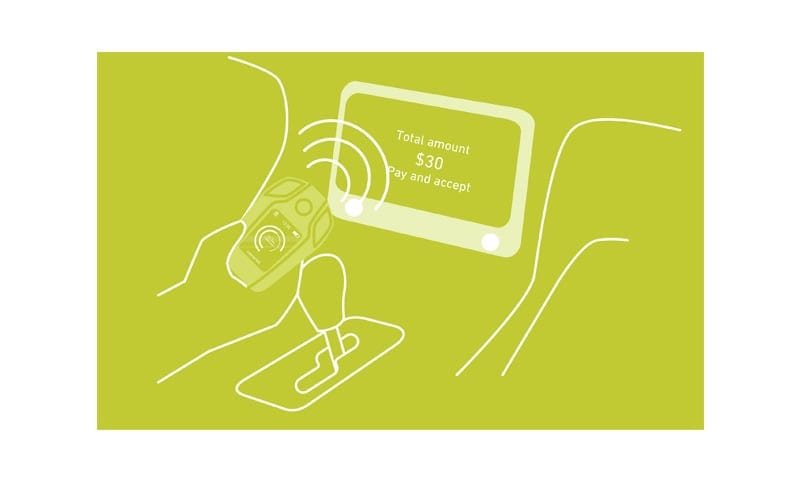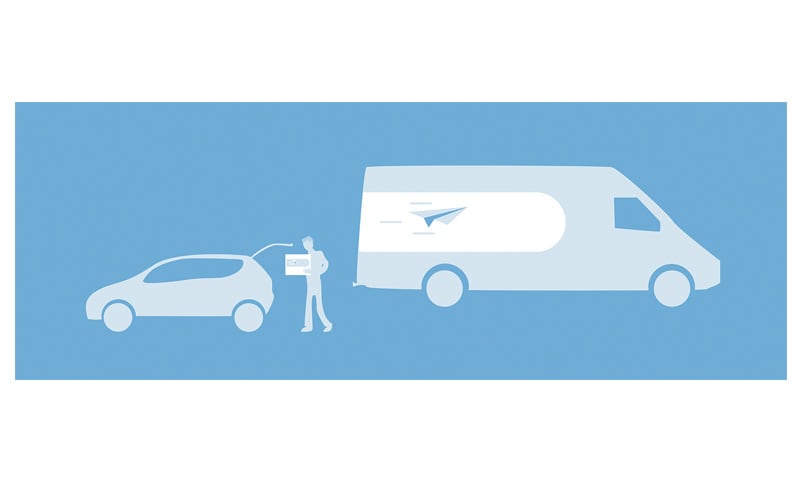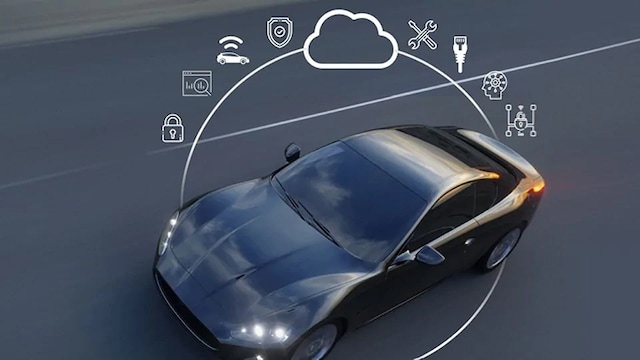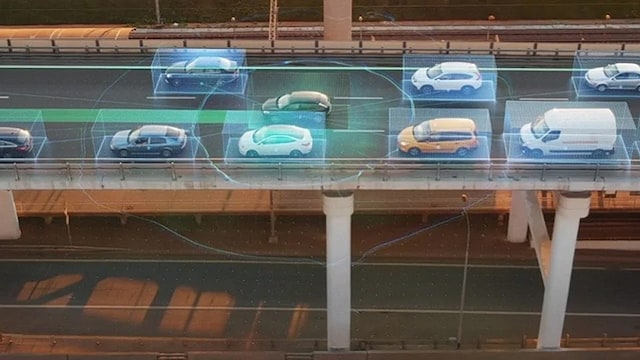We live in an era of smart connectivity, where our electronic devices
are equipped to perform even more tasks that keep us connected. Now
automakers are bringing more personalization and connectivity to your car with
smartkeys. If you follow mainstream news, it’s very likely that
you’ll find headlines covering automotive technology and
wearables. Whether it’s about autonomous cars or the next fitness band, the top
automakers and gadget designers understand how consumers are connected to
their digital lives and that’s redefining our notion of mobility.
Portable, wireless and remarkably interactive, smartkeys are like many other
smart devices. What sets them apart is security. Smartkeys are purpose built
for secure transactions, so they can be safely trusted to securely deliver
advanced functionality.
Smartkeys are made to be trusted, which is particularly important since the
proliferation of Internet-of-Things-enabled electronics and connected
everything has created a lot of concern about personal-data security –
and rightfully so. With all of the new data entry points for increasingly sophisticated
hackers to attack, how can we trust smartkeys to protect our digital lives? In
addition, I’d bet almost everyone would list their car keys as the
number-one thing we temporarily misplace or lose altogether. It’s
already stressful enough when we don’t have access to our car, so we
definitely don’t want the added worry of compromising all of our
financial information, contact information, etc.
 There are new capabilities associated with smartkeys—payments, access,
higher security and more sophisticated connectivity—which are made
possible by
near-field communication (NFC), a tap-and-go technology that shares information and initiates tasks when
two devices are brought close together.
There are new capabilities associated with smartkeys—payments, access,
higher security and more sophisticated connectivity—which are made
possible by
near-field communication (NFC), a tap-and-go technology that shares information and initiates tasks when
two devices are brought close together.
As the all-access device of the future, smartkeys can pay tolls for turnpikes
and bridges, pay for the tickets needed to ride public transport and make it
easier to pick up the tab for your friends at dinner. It can also open the
gate at a parking garage, open the doors at work, or open the lock on a bike
rental or hotel room. It can even be used to grant temporary access to your
car.
What if you lose your smartkey? Not only would you have an authentication
process to stop someone from accessing your data and car immediately, but once
you realize it’s lost, you have the ability to disable the smartkey
from a remote location – even temporarily should you find it.
If you’re somewhere where you don’t want to bring an electronic
key – like at the beach- you could potentially temporarily tether a
smartkey’s car-access functionality to a waterproof activity-band
wearable, and then leave the key in the car.
 But, the opportunity is greater than that; we are in an age where technology
can know you inside and out. From online shopping sites that predict what you want, to
appliances that allow you to buy what you need, personalization technologies keep upping the ante in the realm of digital
comfort. Smartkeys are no different, and will be a central component to
individualizing the driving experience
as autonomous cars become a reality. They can be the central hub for your preferences,
from the optimal position
of your car seats to the content you consume as you actually enjoy sitting in
traffic. However, as with all personalization technologies and initiatives, it
is paramount to respect every individual’s privacy. Whether
manufacturers include ‘opt-in’ features or get pre-consent, it
only makes sense that a device built with the security to protect privacy also
is designed to respect privacy.
But, the opportunity is greater than that; we are in an age where technology
can know you inside and out. From online shopping sites that predict what you want, to
appliances that allow you to buy what you need, personalization technologies keep upping the ante in the realm of digital
comfort. Smartkeys are no different, and will be a central component to
individualizing the driving experience
as autonomous cars become a reality. They can be the central hub for your preferences,
from the optimal position
of your car seats to the content you consume as you actually enjoy sitting in
traffic. However, as with all personalization technologies and initiatives, it
is paramount to respect every individual’s privacy. Whether
manufacturers include ‘opt-in’ features or get pre-consent, it
only makes sense that a device built with the security to protect privacy also
is designed to respect privacy.
With the ever-growing number of connected devices currently available and a
seemingly endless array of others on the horizon, many may wonder how
smartkeys can differentiate themselves to carve out their own niche. While
there’s no doubt that the smartkey is just one of the smart devices
that make up a personal network along with smartphones, smartwatches and other
wearables, smartkeys can have more longevity with their owners than other
devices because a person’s car is usually one of their largest
investments.
Smartkeys are tightly linked with vehicle ownership. They’re issued
with the car and bundled with the vehicle at the time of purchase. A person
might get a new smartphone or tablet every couple of years, but will keep
their smartkey for as long as they own their car, which could be many years.
Also, unlike a smartphone, core functions of a smartkey don’t need
cellular service or Wi-Fi® to operate and can still open and start a car
even if the battery is dead. That could be highly advantageous when in an
underground parking garage, a remote rural area or during an emergency.
The bottom line is that smartkeys for our cars have a definite place within
the ecosystem of personal connected devices. They are both useful and secure.
As the market cycles through all of the different ways we can connect to our
digital lives – often with functionality overlap – consumers
will select the matrix of devices that makes sense for them. But, with the
market for wearables standing
at $34 billion by 2020, the automotive smartkey has more than a viable path.


 There are new capabilities associated with smartkeys—payments, access,
higher security and more sophisticated connectivity—which are made
possible by
There are new capabilities associated with smartkeys—payments, access,
higher security and more sophisticated connectivity—which are made
possible by
 But, the opportunity is greater than that; we are in an age where technology
can know you inside and out. From online shopping sites that predict what you want, to
But, the opportunity is greater than that; we are in an age where technology
can know you inside and out. From online shopping sites that predict what you want, to


